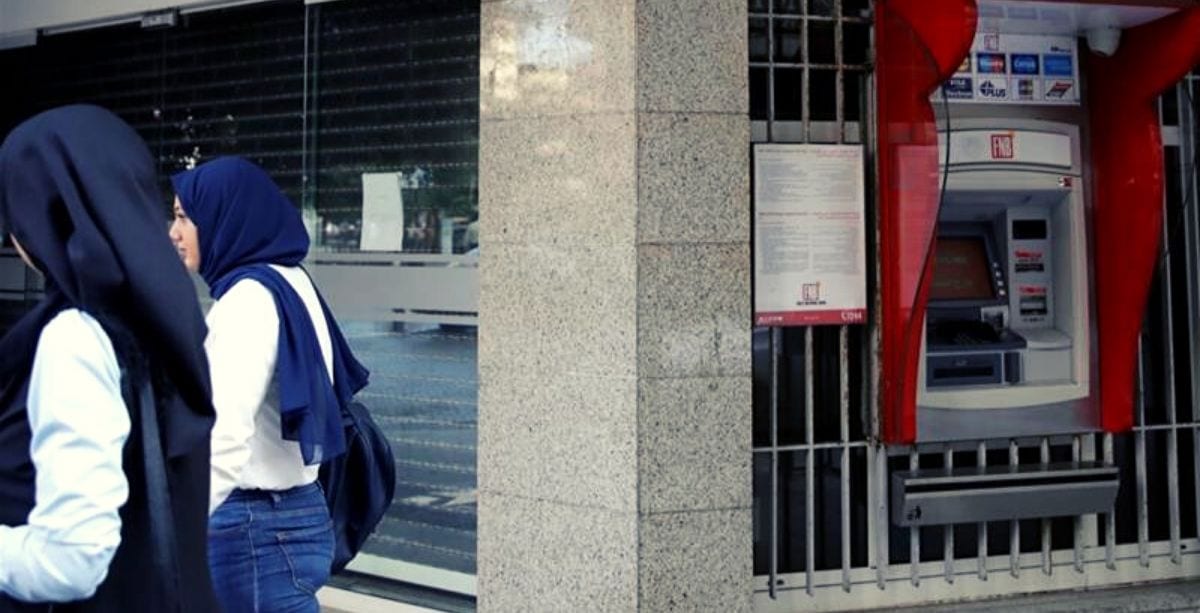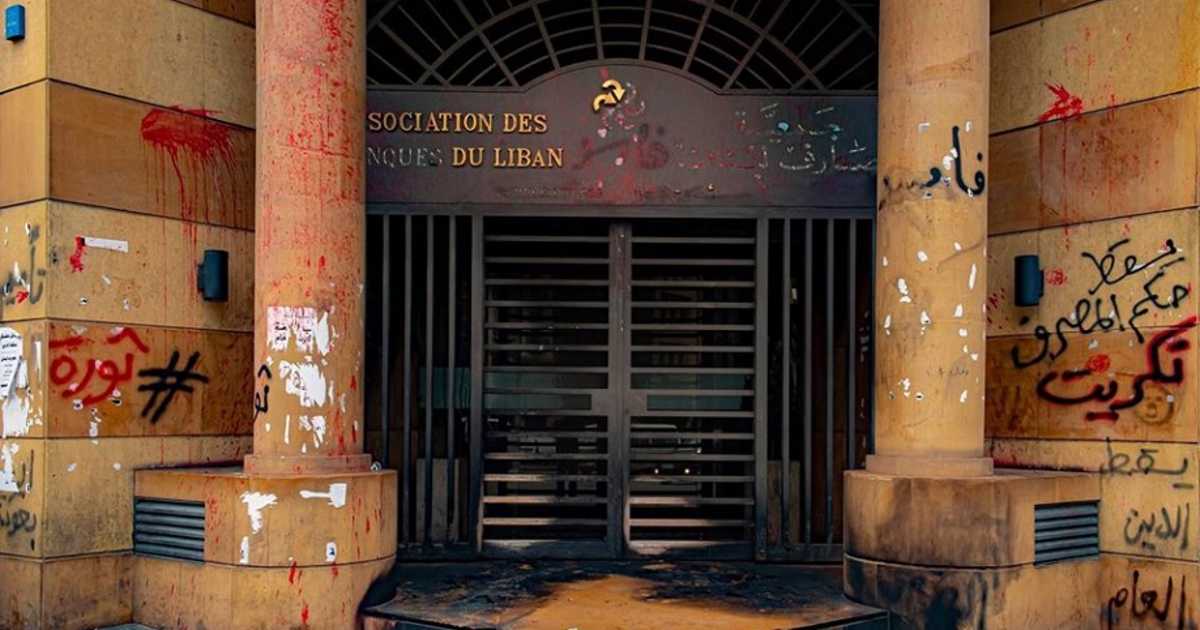Speaker of the Lebanese Parliament, Nabih Berri affirmed that the owners of five banks transferred funds worth 2.3 billion dollars abroad, in light of a growing crisis affecting the deposits of the Lebanese, whose banks have reduced their cash withdrawals.
Berri stressed that “there is no room for collusion; the entitlements are on the doors, the funds of depositors, the concern of expatriates, and then there are five banks whose owners transferred their personal funds, estimated at 2 billion and 300 million dollars.”
This comes in light of the reform measures supposed to be taken by the government, which just held a session on Thursday, February 6th, approving its ministerial statement before it will be submitted to Parliament next week.
The Speaker of Parliament confirmed that the parliamentary session to discuss the ministerial statement will be held on Tuesday, February 11th, if it gets referred to the Parliament, and no later than Friday, February 14th, morning.
Former MP Paula Yacoubian cited in a tweet Berri’s statement, confirming the transferrals, and added, “Thank you for the information, but it is missing something! Do these bank owners have names?”
The transferrals of bank owners’ personal accounts come a month after it was confirmed that Lebanese politicians transferred billions of dollars of their money to Switzerland, amid a “harsh” capital control, and a “serious” dollar shortage.
The figure was estimated to be $6 billion and $6.5 billion to even 11 billion dollars said to rest in deposit boxes in Swiss banks overseas, all while the Lebanese citizen suffers to withdraw 200$ from his/her own personal bank accounts.
The significance is uncanny. Capital control, bank withdrawal limits, major dollar shortage, and black-market monopolism and exploitation are all concerns that banks have been making clear way back before the 17 October revolution was ignited.
The dollar crisis was one of the major fires that sparked the revolution, and all because of banks:
1) refusing to give people with dollar bank accounts their money in dollars,
2) limiting their withdrawals to 200-300$ a week,
3) sometimes alleging that there are no dollars for the day and that the depositors need to try again “tomorrow.”

For those abroad who need to know more about what the Lebanese are enduring in Lebanon in that regard, here is an example.
After a trip my boss made to many branches of the bank to withdraw our salaries from last month, he came up to us laughing, “I just got back from the bank. The bank said they only have 20$ to give me! 20$! I told them: ‘I have 20$ in my pocket, do you want it?'”
Chairman and CEO of Pacific Future Energy Samer Salameh explained that the Central Bank has been given the state 110 billion dollars out of banks’ deposit boxes.
On another hand, the Central Bank is paying the fiscal deficit from interests that the people are paying, which are equivalent to an outrageous percentage of 15-20%.
Salameh says that, while the whole state’s deposit box contains 40 billion dollars, the state has a dept of 85 billion dollars to pay.
The dept has been paid from small depositors’ accounts, which was one of the major reasons for the dollar crisis now.
He also mentioned that, in Lebanon, there are around 20 banks, 18 of which belong politicians or people close to the politicians.
This is why hearing from the Speaker of the Parliament that bank owners transferred 2.3 billion dollars of their personal funds abroad is not only uncanny but hysteric utmost.
One starts to wonder if the reasons behind the crisis are actually small depositors’ fault, which is why it seems that they are the only ones suffering.

















